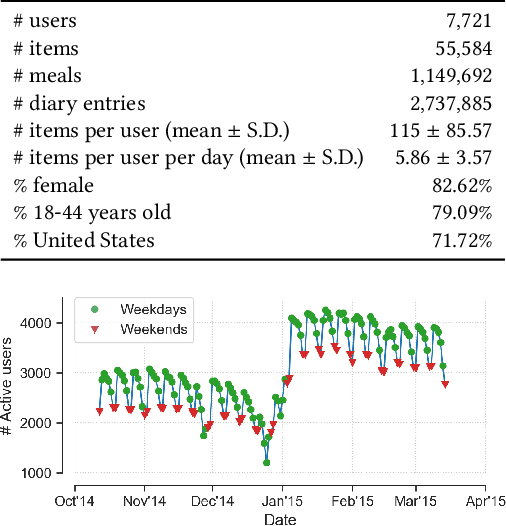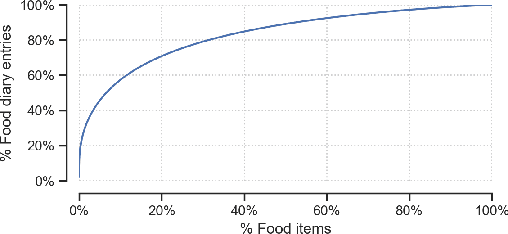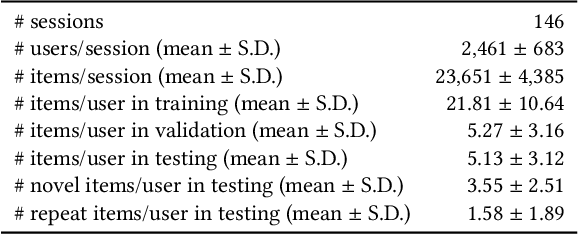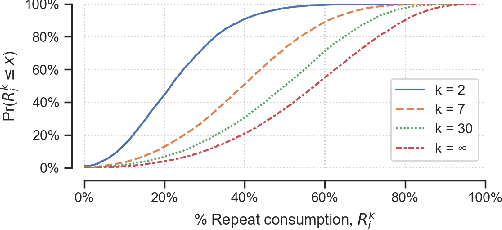Tzu-Ling Cheng
Think or Remember? Detecting and Directing LLMs Towards Memorization or Generalization
Dec 24, 2024



Abstract:In this paper, we explore the foundational mechanisms of memorization and generalization in Large Language Models (LLMs), inspired by the functional specialization observed in the human brain. Our investigation serves as a case study leveraging specially designed datasets and experimental-scale LLMs to lay the groundwork for understanding these behaviors. Specifically, we aim to first enable LLMs to exhibit both memorization and generalization by training with the designed dataset, then (a) examine whether LLMs exhibit neuron-level spatial differentiation for memorization and generalization, (b) predict these behaviors using model internal representations, and (c) steer the behaviors through inference-time interventions. Our findings reveal that neuron-wise differentiation of memorization and generalization is observable in LLMs, and targeted interventions can successfully direct their behavior.
Characterizing and Predicting Repeat Food Consumption Behavior for Just-in-Time Interventions
Sep 17, 2019



Abstract:Human beings are creatures of habit. In their daily life, people tend to repeatedly consume similar types of food items over several days and occasionally switch to consuming different types of items when the consumptions become overly monotonous. However, the novel and repeat consumption behaviors have not been studied in food recommendation research. More importantly, the ability to predict daily eating habits of individuals is crucial to improve the effectiveness of food recommender systems in facilitating healthy lifestyle change. In this study, we analyze the patterns of repeat food consumptions using large-scale consumption data from a popular online fitness community called MyFitnessPal (MFP), conduct an offline evaluation of various state-of-the-art algorithms in predicting the next-day food consumption, and analyze their performance across different demographic groups and contexts. The experiment results show that algorithms incorporating the exploration-and-exploitation and temporal dynamics are more effective in the next-day recommendation task than most state-of-the-art algorithms.
 Add to Chrome
Add to Chrome Add to Firefox
Add to Firefox Add to Edge
Add to Edge